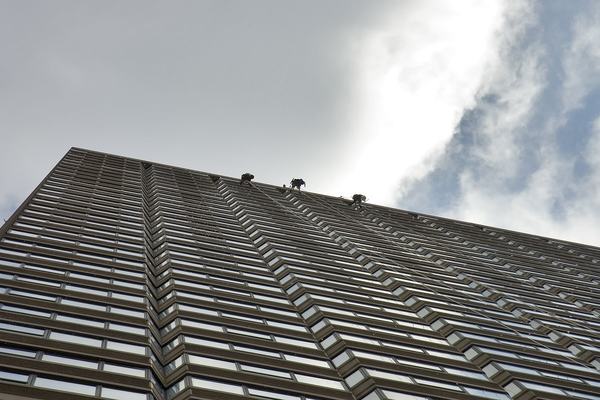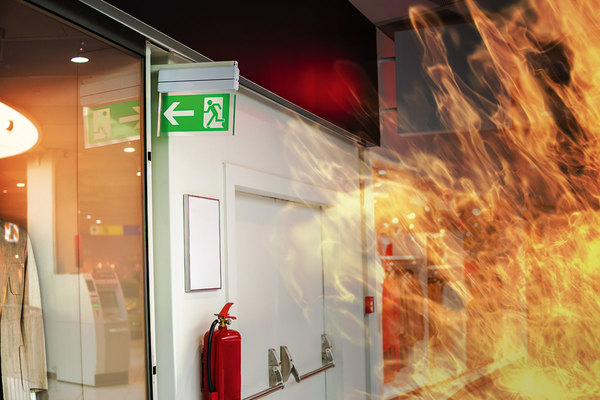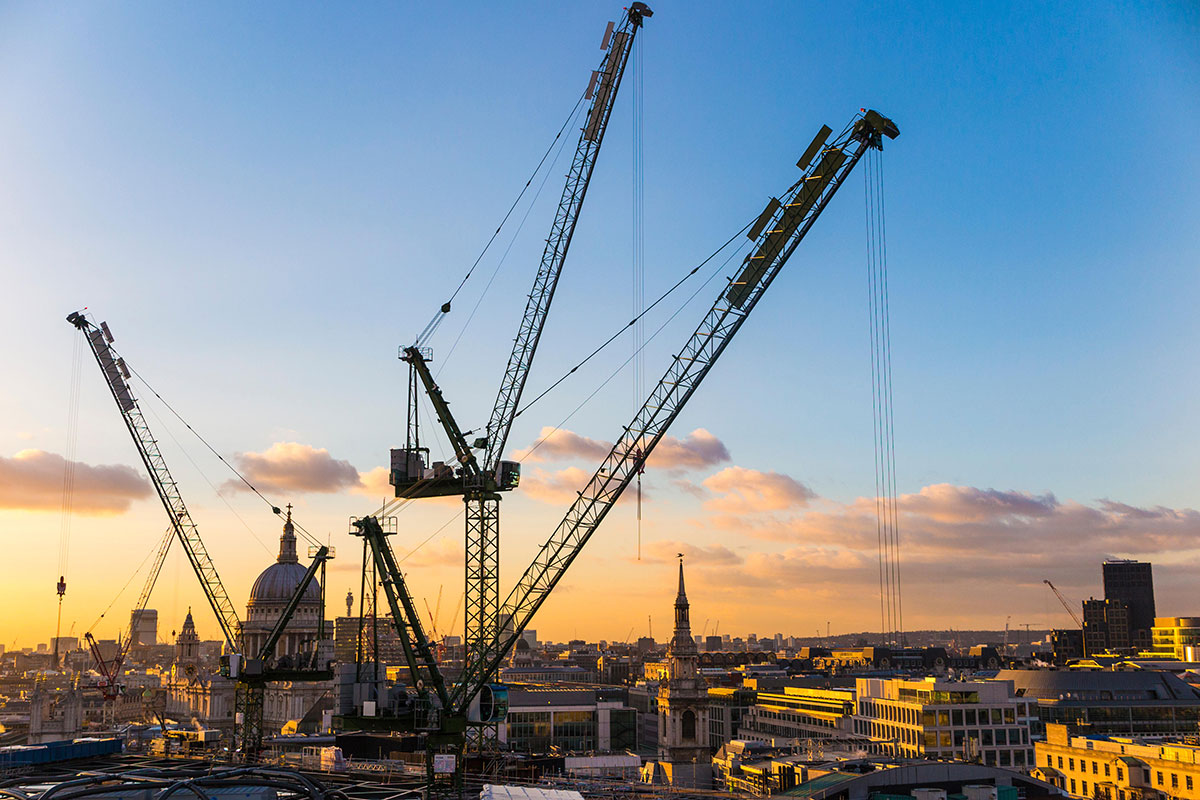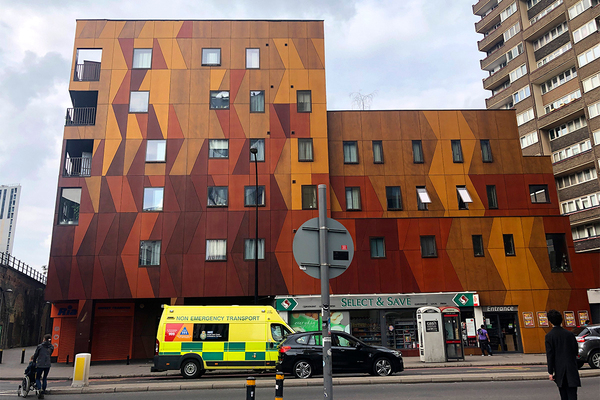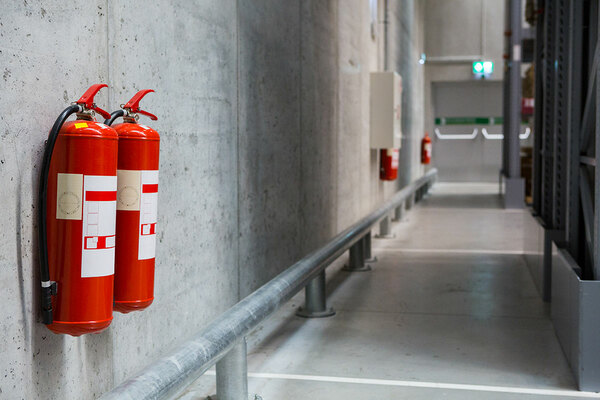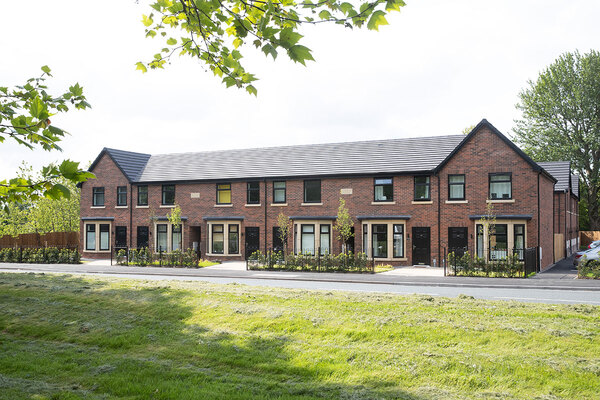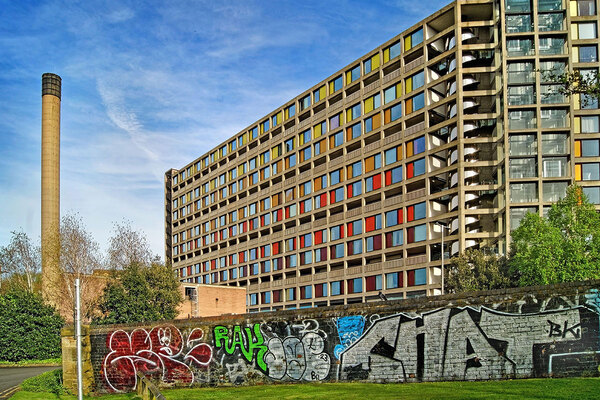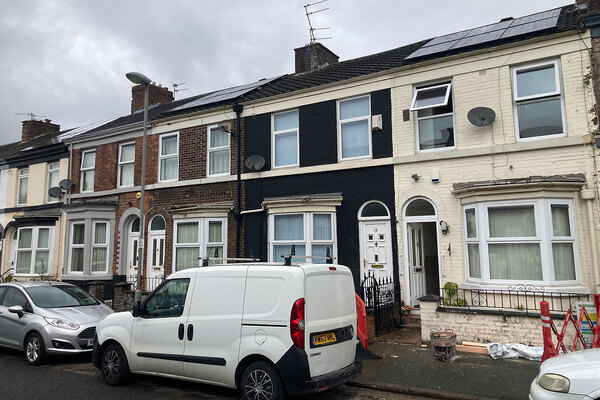You are viewing 1 of your 1 free articles
Large London housing associations estimate fire safety costs at nearly £6.9bn
Large London housing associations have estimated that the total cost of making their buildings fire safe will be up to £6.87bn.
The G15 group, which represents the largest associations in the capital, said in a statement that its members own 1,145 buildings over 18m in height with external wall systems of some kind.
It complained about government advice, saying some of the notes issued were “very unclear” and many of them didn’t consider a building as a whole but separated out connected issues.
The group added that investigations “point to potentially systemic issues in construction of tall buildings”.
Hyde, as previously reported by Inside Housing, has found fire safety problems with all 86 of its tower blocks. It revealed it has spent £16.8m in its last financial year on “rectifying defects” following Type 4 fire risk assessments.
The most optimistic G15 member, according to the group, estimates there are problems with 60% of its blocks.
The G15 statement added: “If you extrapolate the above (already very big) number out to all other buildings then you have a number which would challenge the viability of builders and their insurers or warranty providers.
“We do not believe that the full cost could or should be borne by housing associations but even a fraction of the above cost would reduce our ability to build the affordable homes London needs, [which is] already challenged by current housing market conditions.”
It went on to acknowledge that Theresa May’s government was committed to ensuring that individual leaseholders should not pay for remediation.
The G15 group added that charitable housing associations should not have to pay these costs as leaseholders are mostly on higher incomes and with greater assets than most housing association tenants.
Helen Evans, chair of the G15 and chief executive of Network Homes, said: “The G15 is absolutely committed to ensuring our homes are safe for the people who live in them.
“We want to work with the government to ensure that current guidance is being interpreted as intended, both by building owners and other stakeholders.
“There are a significant number of affected buildings, so we need a collaborative and planned response across the sector.”
Victoria Moffett, Grenfell lead at the National Housing Federation, said: “The high costs of remedial works are the result of a widespread failure of the system of building regulations. It is becoming clear that significant investment will be required to remediate buildings effectively.
“The federation is calling on the government to establish a building safety fund to pay for essential safety works so that housing associations can carry these out as quickly as possible.”
Since the Grenfell Tower fire in June 2017, housing associations have spent significant amounts of money making their buildings safe.
Earlier this year, London’s largest association, L&Q, cut its surplus almost by half by £158m. Although it partly blamed the capital’s ailing housing market, it said that fire safety costs were also part of the reason.
And last week, fellow G15 member Southern Housing Group reported a 14% drop in surplus after hiking spending on fire safety.
Related stories
